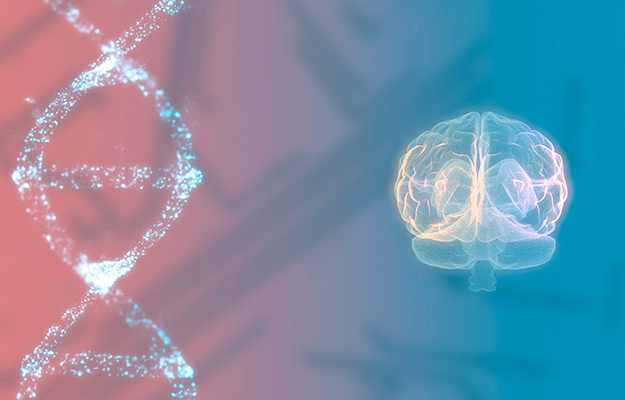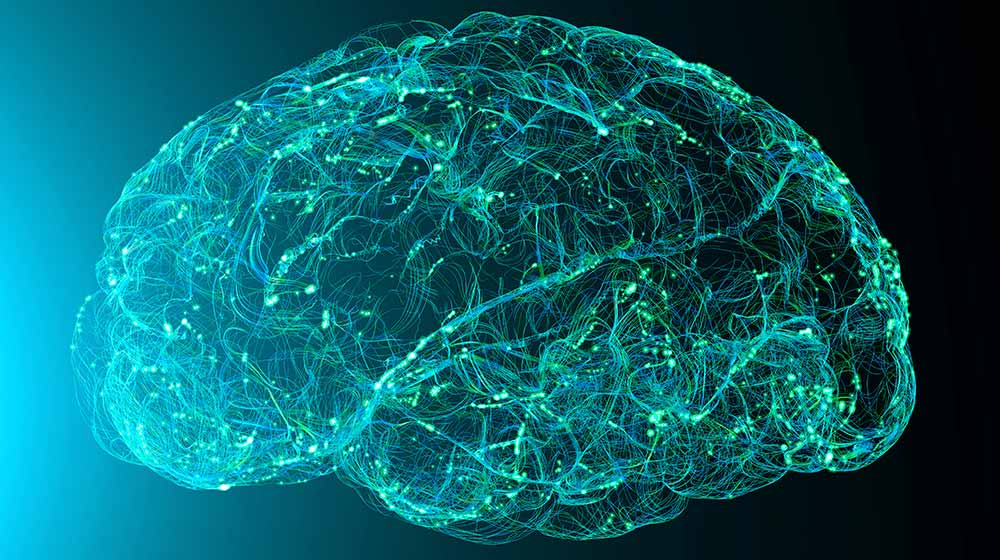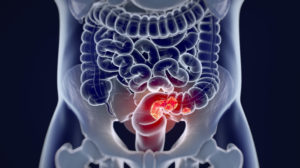Researchers hope to shine a light on brain aging and dementia with a new epigenetic clock, a critical component in preventing, slowing, or even reversing traits related to aging.
RELATED: Epigenetics And Aging: How Some People Are Able To Age Better
In this article:
Brain Aging and Dementia

Our brains age at different rates.
Where chronological age is the number of years we have been alive, our biological age is how old our cells are behaving. These rates of aging often differ.
Throughout our lifetime, DNA methylation and other epigenetic changes effectively switch genes on or off in specific tissues. The risk of developing age-related diseases, such as dementia, increases with age. However, epigenetic changes may result in these conditions affecting relatively young people if their brains biologically age faster.
Dementia describes several progressive neurological disorders that impact behavior, thinking, and memory. While Alzheimer’s is the most common, some people may have a combination of distinct types of dementia.
Many people with dementia may still be undiagnosed, despite rates of diagnosis improving. In the US and UK, roughly 6 million people live with dementia, and experts expect the number to increase in the coming years.
Currently, new drugs can slow down disease progression, but there’s no cure for dementia. Additionally, treatments are more effective if diagnosed early.
DNA Methylation and Brain Aging

There’s a growing interest in finding robust biomarkers of age because of the substantial variations between individuals. A quantitative phenotype may identify an individual’s risk of age-related disease better than chronological age.
Scientists use human DNA methylation as biomarkers of aging to identify differences between biological age and chronological age in health and conditions such as dementia, neurodegeneration, and other brain traits.
Existing DNA methylation clocks are highly reliable within specific tissues, such as blood. But they’re less accurate when used in tissue types not included in training the model, like brain tissue. So far, most models of biological aging have relied on blood or muscle samples. Those clocks might not be accurate when applied to other tissues.
For this reason, researchers at the University of Exeter created a new epigenetic clock that works optimally in human cortex tissue. This new cortical clock has the potential to identify common traits associated with biological aging in the brain.
RELATED: How To Optimize Brain Health And Longevity With Epigenetics
New Cortical Clock
Scientists hope the new clock will give clarity on how accelerated aging in the brain relates to certain diseases such as Alzheimer’s disease and other types of dementia.
The new epigenetic clock uses cortex samples, the brain region involved in cognition and implicated in Alzheimer’s. They hope to be able to tell us how quickly our brains age, as well as the likelihood of developing age-related diseases.
The researchers believe it’s vital to use tissues relevant to the mechanism you want to examine when developing epigenetic clock models. Using tissue from the cortex ensures the epigenetic clock is well adjusted to research brain aging and dementia. So far, their epigenetic clock has outperformed all other models in predicting biological age in the human brain.
In their study, the research team examined 1397 cortex samples using a supervised machine learning method. All the tissue samples came from healthy humans between the ages of one to 108. Additionally, scientists verified their model in independent cohorts of over 2000 blood and brain samples collectively.
The study concluded a set of 347 methylation sites could accurately predict brain age. The team also found that earlier links between DNA methylation age and disease traits may be inaccurate.
Another strength of this model is the range of samples. Previous models mostly relied on blood samples from people in mid-life.
While scientists can’t use it in living people to tell how swiftly they’ll age, they can use donated brain tissue to study the factors linked to brain aging and dementia.
To conclude, the cortical clock improves accuracy in predicting brain aging and dementia by using brain tissue. The team is currently analyzing Alzheimer’s disease brain tissue with their model. They hypothesize these samples will age at an accelerated rate. A better understanding of age-related brain disease will improve the chances of developing effective prevention and treatments.
If you’re interested in learning more about epigenetics, research developments, and aging, visit the TruDiagnostic website.
What are your thoughts on the cortical clock? Let us know in the comments section!
Source:
Epigenetic clock gives insight into brain ageing and dementia.
Up Next:





